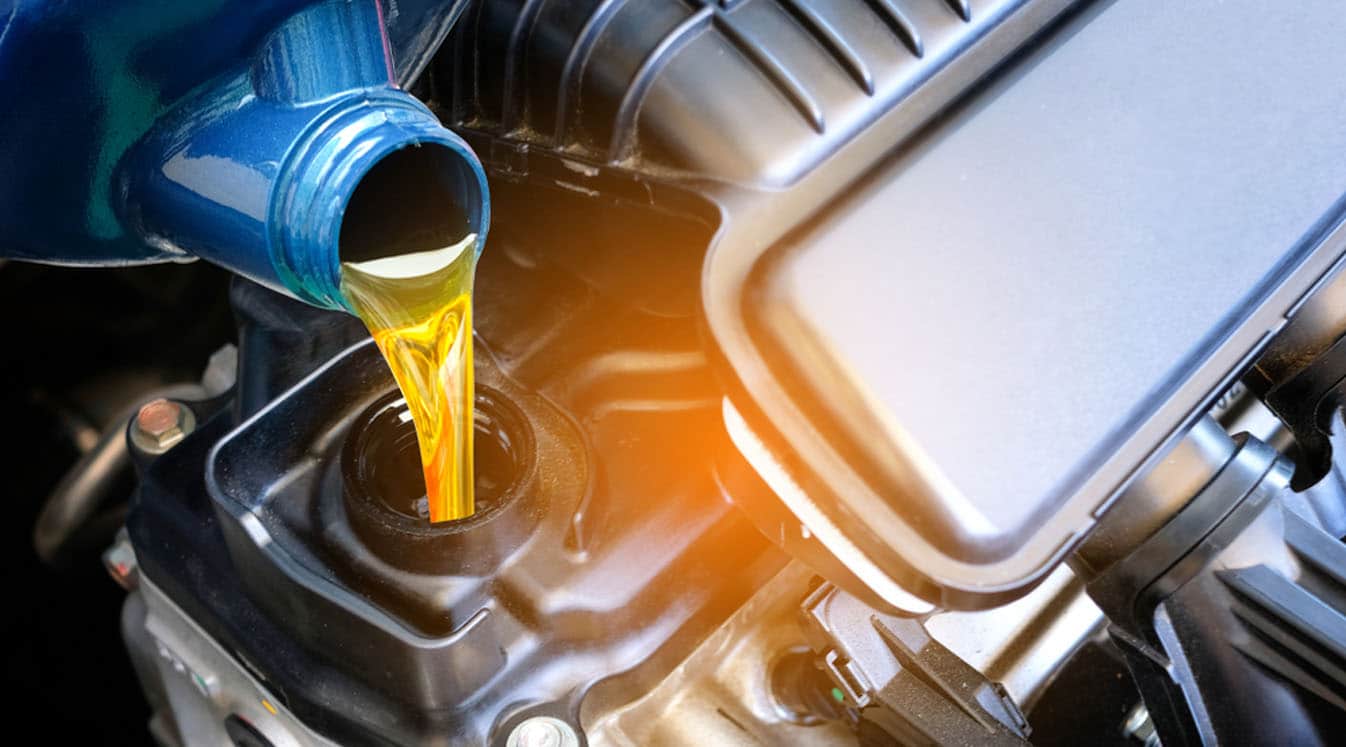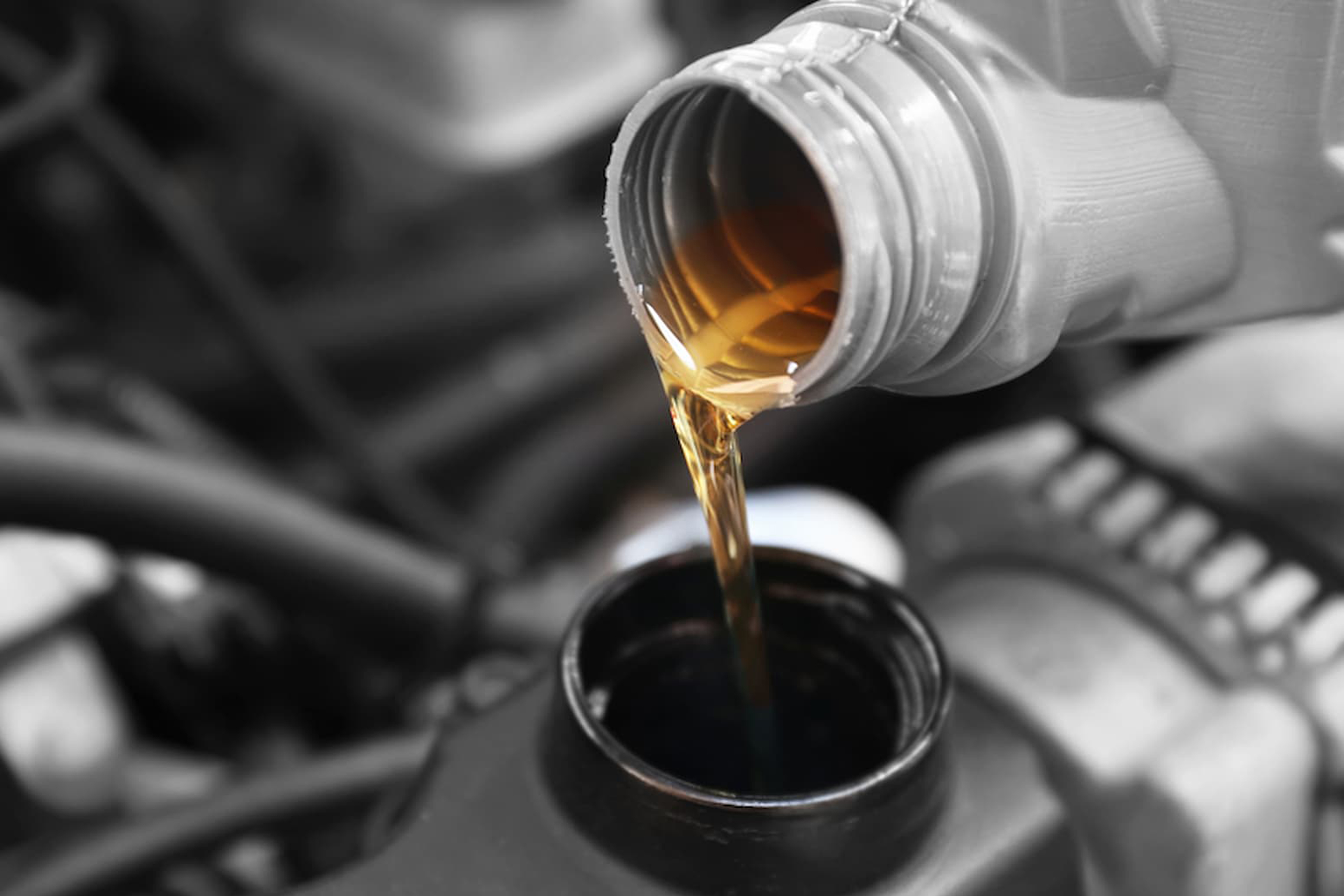Changing engine oil is crucial for maintaining your car’s performance, longevity, and fuel efficiency. Neglecting this essential maintenance task can lead to a host of issues, including increased wear, decreased gas mileage, overheating, and potential engine failures.
In short, yes, you should change your engine oil regularly to keep your vehicle running smoothly.
The Importance Of Engine Oil Changes
Regular oil changes are crucial for engine performance and vehicle longevity. Clean oil ensures proper lubrication and smooth operation of the engine and its components. It helps the engine to achieve optimal gas mileage and reduces wear and tear. Failure to change the oil can lead to increased emissions, overheating, and decreased resale value. It’s essential to adhere to the manufacturer’s recommended oil change intervals, regardless of mileage or time. Neglecting oil changes can result in clogged systems, voided warranties, and potential engine failures. Therefore, staying proactive with oil changes is key to maintaining the health and efficiency of your vehicle.

Credit: cardosystems.com
Understanding Oil Change Intervals
When it comes to engine oil, it’s important to consider both mileage and time-based intervals for changing. While some manufacturers recommend changing oil every 5,000 miles, others suggest changing it every six months. It’s crucial to follow the manufacturer’s recommendations to ensure optimal engine performance and longevity. Ignoring these intervals can lead to increased wear, reduced fuel efficiency, and potential engine issues. Regular oil changes are essential for maintaining a healthy engine and maximizing your vehicle’s lifespan.
Risks Of Delaying Oil Changes
Do you really need to change engine oil? Regular oil changes improve your engine’s performance, extend its longevity, and help your car achieve its peak gas mileage. Clean oil is essential for keeping the engine and all the engine controls properly lubricated and running smoothly. Delaying oil changes can lead to engine wear and tear, causing increased friction and potential damage to engine components. This can result in decreased fuel efficiency and increased emissions. By neglecting oil changes, you may also void your warranty, decrease the resale value of your car, and even face potential engine failures. It’s important to prioritize regular oil changes to ensure the optimal functioning of your vehicle and avoid costly repairs in the long run.
Myths And Facts About Engine Oil
Regular oil changes are crucial for maintaining the performance and longevity of your engine. Clean oil helps lubricate the engine components, preventing friction and ensuring smooth operation. It also helps to keep the engine controls properly lubricated, allowing them to function optimally.
Contrary to some myths, synthetic oil is not necessarily superior to conventional oil. Both types have their own advantages and can be suitable for different engines and driving conditions. Synthetic oil offers better resistance to extreme temperatures and provides improved protection against engine wear. On the other hand, conventional oil is often more affordable and can be suitable for engines with lower mileage.
Another common misconception is the use of oil additives. While some additives claim to enhance engine performance or improve fuel efficiency, it’s important to note that modern engine oils already contain a balanced blend of additives to meet the necessary specifications. Adding extra additives can disrupt this balance and potentially cause harm to the engine.
In conclusion, changing engine oil regularly is essential for maintaining the health of your engine. It’s recommended to follow the manufacturer’s guidelines for oil change intervals and choose the appropriate type of oil for your specific engine and driving conditions.
Diy Oil Change: Pros And Cons
Changing your engine oil yourself can save money and give you control over the process, but it may be messy and time-consuming. It’s crucial to ensure proper disposal of the used oil and follow the manufacturer’s guidelines for the right type and amount of oil.
| DIY Oil Change: Pros and Cons |
| Cost Savings |
| Changing your engine oil can save you money over time. By doing it yourself, you can avoid labor costs at a mechanic shop. Additionally, you can choose the type of oil and oil filter you want to use, which may be cheaper than what a mechanic would use. However, there are potential challenges to changing your oil yourself. You need to ensure that you have the correct tools and that you dispose of the old oil properly. There is also a risk of over-tightening or under-tightening the oil filter or drain plug, which can cause leaks and other engine problems. Overall, changing your oil yourself can save you money, but it is important to weigh the pros and cons before deciding to do it. |
Environmental Impact Of Oil Changes
Regular engine oil changes not only improve the performance of your car, but they also have a positive impact on the environment. Proper oil disposal is crucial for preventing oil from contaminating the soil and groundwater. Recycling used oil is one of the best ways to dispose of it responsibly. Used oil can be re-refined, meaning it is cleaned and processed to be used again as a lubricant. It can also be burned for energy in specialized facilities. It is important to ensure that used oil is not mixed with other substances, such as antifreeze or brake fluid, as this can make it unsuitable for recycling. By properly disposing of used oil, you can help to reduce environmental pollution and conserve natural resources.
Choosing The Right Oil For Your Engine
Regular oil changes improve your engine’s performance, extend its longevity, and help your car achieve its peak gas mileage. Clean oil is essential for keeping the engine and all the engine controls properly lubricated and running smoothly. Changing the engine oil ensures that the engine is protected from increased wear, prevents overheating, and reduces emissions. It also helps avoid issues such as clogged systems and potential engine failures.
Choosing the right oil for your engine involves understanding viscosity grades. Viscosity grades indicate the oil’s thickness and its ability to flow at different temperatures. Full synthetic oil offers superior performance and protection, while blends provide a balance between performance and cost. It is important to follow the manufacturer’s recommendations for the appropriate viscosity grade and oil type for your specific engine.
| Viscosity Grades Explained | Full Synthetic vs. Blends |
|---|---|
| Viscosity grades indicate the oil’s thickness and flow at different temperatures. Lower numbers indicate thinner oil for better flow in cold temperatures, while higher numbers indicate thicker oil for better protection in high temperatures. | Full synthetic oil is made from chemically modified petroleum and offers better performance, protection, and longevity. Blends are a mixture of synthetic and conventional oils, providing a balance between performance and cost. |

Credit: www.dieselarmy.com
Advanced Tips For Engine Oil Maintenance
Regular oil changes are crucial for maintaining the performance and longevity of your engine. By keeping the engine and its controls properly lubricated and running smoothly, clean oil helps optimize your car’s gas mileage. Failure to change the engine oil can lead to a range of issues, including increased wear, decreased fuel efficiency, overheating, higher emissions, clogged systems, voided warranty, decreased resale value, and potential engine failures.
It is recommended to monitor both the oil level and quality regularly. Checking the oil level on the dipstick and ensuring it is within the appropriate range is important. Additionally, observing the oil quality, such as its color and consistency, can provide insights into the overall health of the engine. If the oil appears dirty or has a burnt smell, it may be an indication that an oil change is necessary.
Engine flushing is another consideration when it comes to oil maintenance. This process involves removing the old oil and debris from the engine and replacing it with fresh oil. Engine flushing can help remove sludge and contaminants that may have accumulated over time, promoting better engine performance and longevity.

Credit: www.caranddriver.com
Read More: How Often Should You Change Engine Oil?
Frequently Asked Questions
Do You Really Need To Change Engine Oil?
Yes, changing engine oil is essential to improve performance, extend longevity, and maintain peak gas mileage. Clean oil lubricates the engine, ensuring smooth operation and preventing wear and tear. Regular oil changes are crucial for optimal engine function and overall vehicle health.
Can You Go 2 Years Without Changing Oil?
No, you should not go 2 years without changing your oil. It is recommended to change your engine oil at least once a year, regardless of mileage. Regular oil changes are important to improve engine performance, extend engine life, and maintain optimal gas mileage.
Neglecting to change the oil can lead to increased wear, decreased fuel efficiency, overheating, and potential engine failures.
What Will Happen If I Don’t Change Engine Oil?
Not changing engine oil can lead to increased wear, worse MPG, overheating, emissions, clogged systems, voided warranty, decreased resale value, and potential engine failures. Regular oil changes are crucial for engine performance, longevity, and peak gas mileage.
Do I Need To Change My Oil If I Haven’t Hit The Mileage?
It is not necessary to change your oil if you haven’t hit the mileage, but it’s recommended to change it regularly to maintain your engine’s performance, longevity, and gas mileage. Failing to do so can result in increased wear, worse MPG, overheating, and other issues.
It’s best to follow the manufacturer’s recommended oil change schedule.
Conclusion
Regular oil changes are crucial for maintaining engine performance, longevity, and fuel efficiency. Clean oil ensures proper lubrication and smooth engine operation. Neglecting oil changes can lead to increased wear, reduced MPG, overheating, and potential engine failures. It’s best not to delay oil changes for optimal vehicle performance and longevity.
